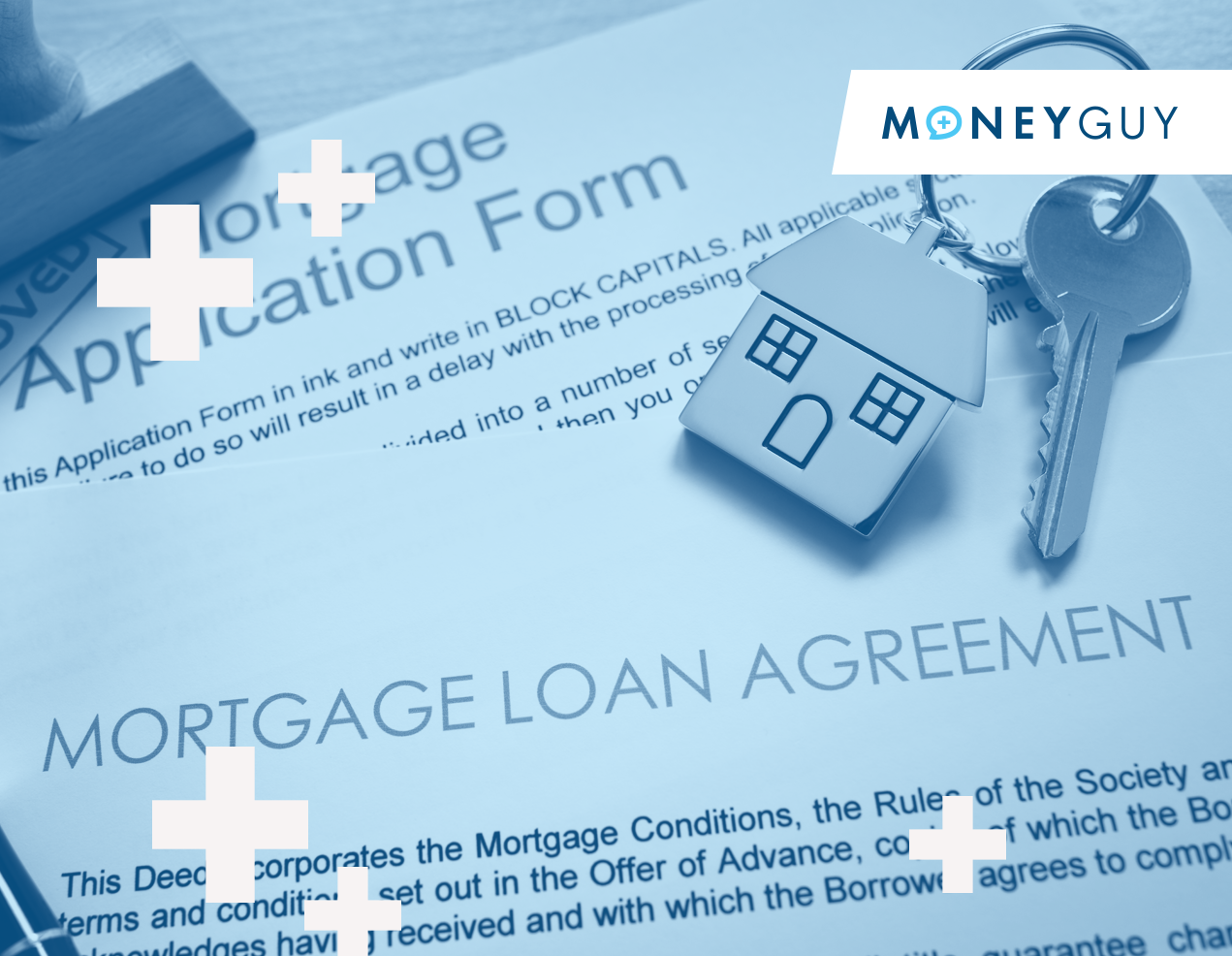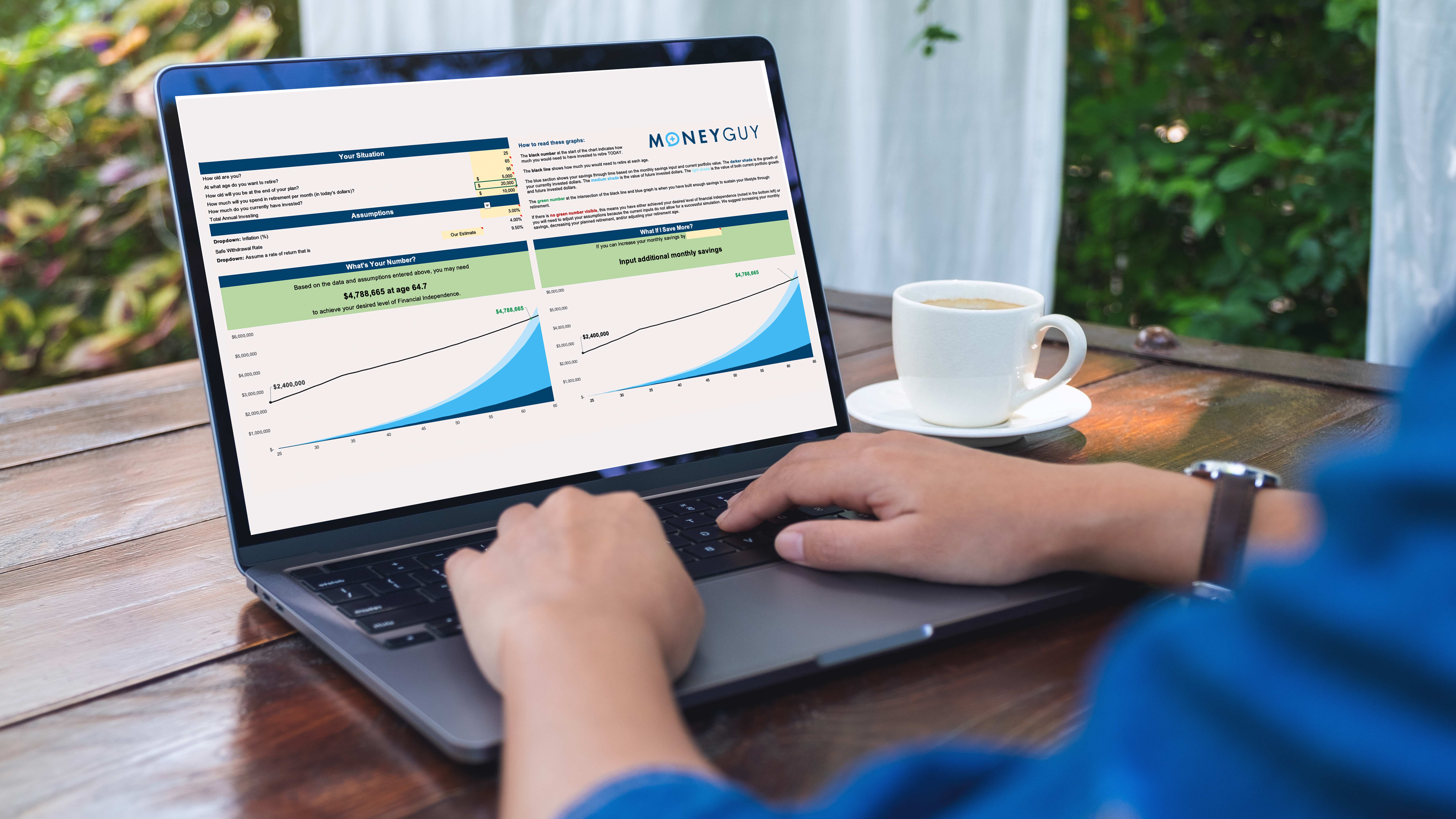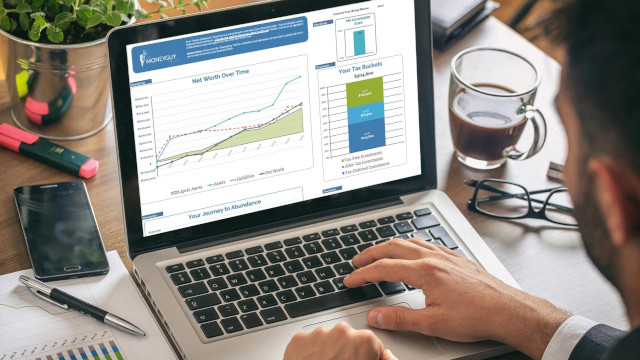
Change your life by
managing your money better.
Subscribe to our free weekly newsletter by entering your email address below.

Subscribe to our free weekly newsletter by entering your email address below.
Our banking system’s clearly under a lot of stress at the moment. Coming off a decade of aggressive mortgage lending, the system’s troubles have been compounded by a sputtering economy and retreating stock market.
As an investor, you need to be smart about insulating yourself from the system’s problems. While I don’t want to be alarmist, a little effort now on your part could pay significant dividends down the road. If nothing else, you’ll sleep better with the knowledge that you’ve assessed your exposure and taken appropriate action.
Let me call out 2 specific areas of banking and borrowing risk where I’m growing increasingly uneasy about what I’m seeing and hearing:
1. Relying on HELOC (Home Equity Line of Credit) or credit card loans for part or all of your emergency fund. Quick and easy access to emergency funds has always been a financial planning necessity. Many homeowners (myself included) grew complacent over the last few years when they realized they could avoid a cash reserve and simply tap “on demand” loans for unexpected spending needs.
Now, with home prices imploding in some markets and softening in most others, billions of dollars of home equity has vanished. Given a real (or even anticipated) decrease in home equity, it’s clear why your lender might be growing nervous about their suddenly unsecured loan.
Ask yourself what you’d do if your lender opted tomorrow to completely cancel your unused or partially used credit line? Or, what you’d do if they abruptly froze your account during a personal emergency and refused to honor your request for credit? Or worse, how you’d cope with a demand for immediate payment of your outstanding balance?
Bottom line, anxious lenders across the country are doing all this and more to protect their interests. If you’re relying on a HELOC or credit cards to get you through an emergency need for funds, I urge you to reconsider. Instead, build an “old-fashioned” emergency fund with real cash that will allow you to weather (at least) a 2-4 month personal financial crisis. Whatever it takes: reduce your reliance on a lender to finance your emergency plan. If you can’t do this overnight, create a plan and reach the goal on a schedule that works for you.
2. Overexposing yourself to the small but real risk of bank failure. Bank failures are extremely rare, but I expect to see more of them in the next few months and years. If you’ve accumulated more than a modest amount of cash savings, you should familiarize yourself with the federal government’s program to insure bank deposits: Federal Deposit Insurance Corporation (FDIC).
With some planning (including the FDIC’s helpful Electronic Deposit Insurance Estimator), you and your family should be able to minimize your risk of having uninsured deposits in a failed bank.


Refinance Guide
Learn everything you need to know to do it right. This guide breaks down how refinancing works, when it’s a…
View Resource
Financial Order of Operations®: Maximize Your Army of Dollar Bills!
Here are the 9 steps you’ve been waiting for Building wealth is simple when you know what to do and…
View Resource
Why Forecasting the Future of Inflation (and Interest Rates) Is So Difficult
Read More7 Lessons I Learned From Buying My First House
Read MoreWhy Are Credit Card Interest Rates So High?
Read More

How about more sense and more money?
Check for blindspots and shift into the financial fast-lane. Join a community of like minded Financial Mutants as we accelerate our wealth building process and have fun while doing it.




It's like finding some change in the couch cushions.
Watch or listen every week to learn and apply financial strategies to grow your wealth and live your best life.
Subscribe to our free weekly newsletter by entering your email address below.